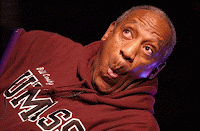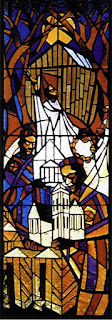Bill Cosby Doesn’t Know My Mama, Just Racial Stereotypes of Low and Moderate Income Black People

Bill Cosby is at it again. He recently joined forces with professor of psychiatry at Harvard Medical School , Dr. Alvin F. Poussaint to author a new book, “Come on People!” Thematically, the book is a literary extension of his “call-out sessions.” For the last 3 years or so, Cosby has traveled around the country calling black people (well, poor black people) out about their so-called pathological behaviors (having babies out of wed-lock, giving their children African names they can’t pronounce, calling each other Nigga, talking loud in public places, dropping out of school, being illiterate, buying rap music, wearing baggy pants, not speaking right, and so on). The recent hoopla about Cosby’s book made me think about a piece I wrote that appeared in the Hartford Courant on July 15, 2004, shortly after Cosby had visited Springfield, Mass., near the beginning of his call-out tour. As you can tell from the piece, I think Cosby’s moral crusade is problematic for a number of reasons...

